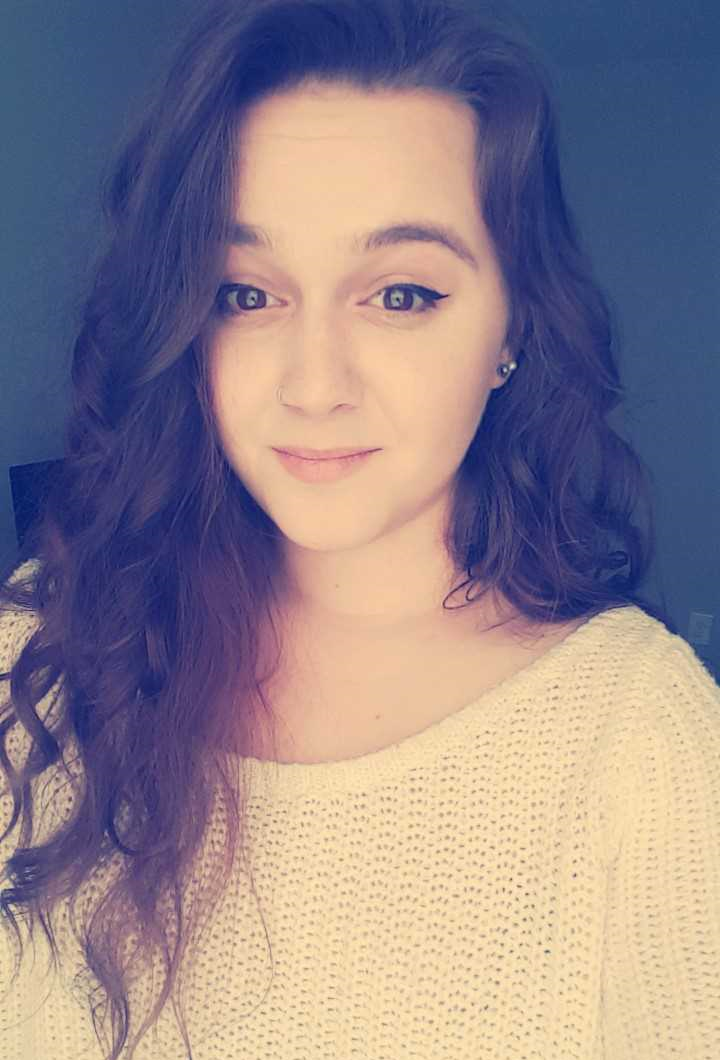Putting Theory into (Private) Practice at Triangle Center for Behavioral Health – with Jesslyn Smith
- gilinternship
- Sep 6, 2018
- 3 min read
Updated: Aug 24, 2024

My name is Jesslyn Smith, and I am a senior from Ypsilanti, Michigan. I am majoring in Psychology with double minors in Neuroscience and Education. Thanks to the Gil Internship, I have the opportunity to intern at the Triangle Center for Behavioral Health with Dr. Kelly Anthony, a clinical psychologist who specializes in the assessment and diagnosis of learning disabilities, ADHD, intellectual disabilities, giftedness, and emotional disorders in children and young adults. While this constitutes for most of her work, she also provides treatment services including CBT for children and young adults with anxiety and depression.
I have always known that I wanted to help people, and it was not until my very first psychology class in high school that I knew I wanted psychology to be my vehicle to do so. However, this decision to go into psychology didn’t necessarily narrow down my choices, in fact, the seemingly innumerable options in the field overwhelmed me. In my first couple of undergraduate years I was able to narrow it down, and I found myself at a crossroads between cognitive and developmental psychology, all through the lens of education.
My passion for the intersection between psychology and education was sparked when I started a position as a research assistant at the UNC and TEACCH Autism Research Registry. While on the phone with clients and their families, parents expressed to me that they felt a lack of agency and understanding for their child’s diagnoses, and in turn their child was not getting the education or support they needed to succeed like their peers. During this time period, I was also a research assistant for the Classroom Memory Study with Dr. Ornstein, in which our goal was to observe the impact of teacher language on student outcomes. From these two experiences, I not only became interested in learning and developmental disabilities, but also the psychological impact that these may have on a child such as, and the complications these may have on a child’s education. Since education is often a critical factor in a child’s overall success, it quickly became my passion to help these students identify and overcome these obstacles. To best do so, I have developed the goal of becoming either a school or clinical psychologist.
My experiences with psychology outside the classroom so far have been in the form of conducting research; either by collecting data or through participant recruitment. While being involved in research has given me valuable data management and teamwork skills, what I lack are clinical skills. With the intention of going to graduate school and eventual practicing psychology either as a school or clinical psychologist, obtaining these skills would give me the toolset I need to be a successful and well-rounded student and psychologist. In applying for the Gil Internship I hoped to gain a better understanding of the tasks and routines of a clinical psychologist. I have been very fortunate to be placed at a site with a mentor and other clinicians who have similar interests, and because of this I can get a clear picture as to what these careers might look like. At my internship, I will have a wide assortment of tasks ranging from; learning how to develop and score questionnaires, becoming familiar with unique aspects of a private practice such as scheduling and billing, conducting literature reviews, to even administering some psychological assessments myself. It is very exciting to not only get an inside perspective on the workings of a private practice, but to be able to get hands-on experience of what being a clinical psychologist might be like.
As a first generation college student, I know that the experience and skills this internship will provide me are invaluable. Being able to take my knowledge of psychology and use it to help the community will prove to be a more enriching learning experience than I could have ever receive in the classroom. I am very grateful to both the Gil Internship and Dr. Anthony for giving me this opportunity to not only expand my understanding of psychology and its potential career paths, but also to develop my skills as a professional in psychology. I graduate in May, and as I apply to graduate schools this fall, I know that this experience will have provided me not only with the skills, but the insight I will need to succeed in graduate school and beyond.



Comments